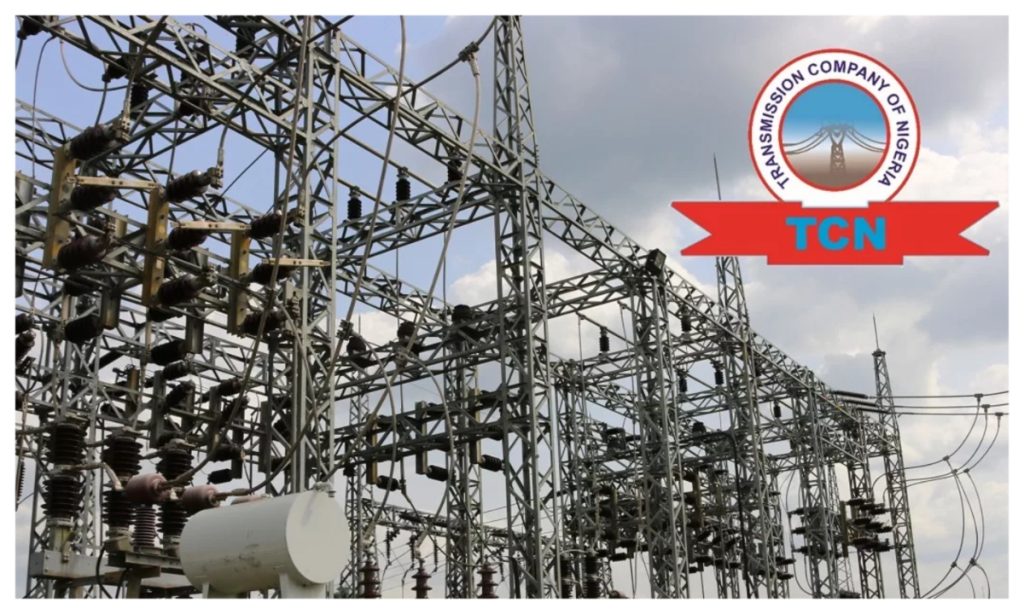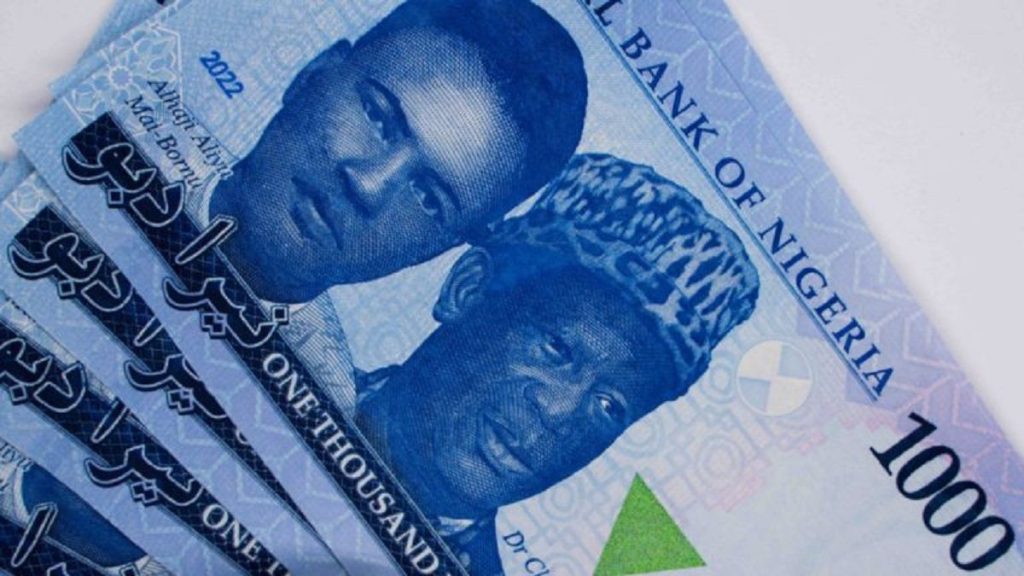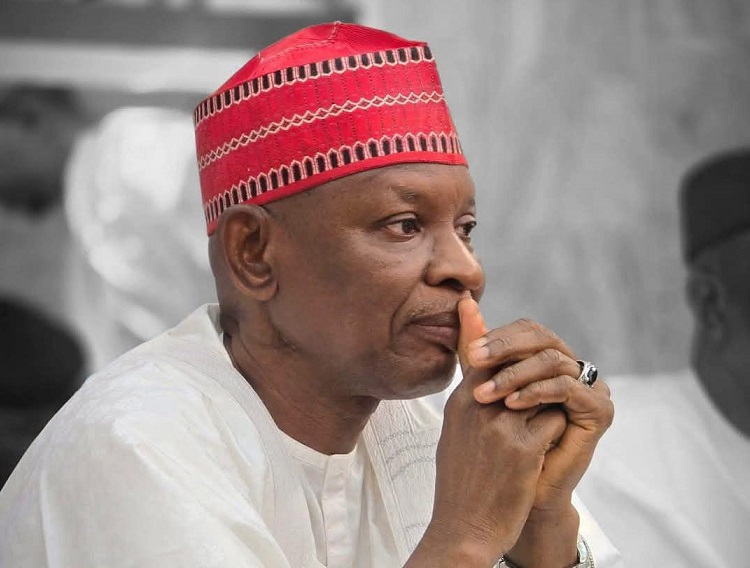The National Bureau of Statistics (NBS) has revealed that the average retail price of petrol per litre surged from N191.65 in September 2022 to a staggering N626.21 in September 2023, marking an alarming 226.75% increase.
In its recently released Petrol Price Watch for September 2023, the NBS made this alarming declaration, sending shockwaves throughout the nation. This steep rise in petrol prices has contributed to the mounting financial burden faced by Nigerian citizens.
Comparing the average retail price of petrol in September 2023 with the previous month of August 2023, there was a slight increase of 0.08% from N626.70. However, such a marginal rise still adds to the financial strain experienced by the populace.
A closer look at state profiles reveals that Taraba residents bore the brunt of this petroleum price surge, paying an exorbitant average retail price of N665.56 per litre. Borno and Benue closely followed with average prices of N657.37 and N641.29 per litre, respectively. On the other hand, Rivers, Delta, and Jigawa enjoyed relatively lower average retail prices at N602.55, N605.88, and N617.42, respectively.
Zooming out to a regional level, the analysis conducted by the NBS indicates that the North-East experienced the highest average retail price for petrol in September 2023, reaching N638.33 per litre. The South-South, on the other hand, saw the lowest average price at N618.47 per litre. These regional disparities in petrol prices further contribute to the economic inequalities present in the country.
Not only did petrol prices surge, but the NBS also reported an increase in diesel prices. According to the Diesel Price Watch Report for September 2023, the average retail price stood at N890.80 per litre. This represents a 12.77% increase from the N789.90 per litre recorded in September 2022. Additionally, on a month-on-month basis, the price spiked by 4.27% from August 2023’s N854.32 per litre.
On a state level, Kano experienced the highest average diesel price in September 2023, with motorists paying N967.78 per litre. Anambra and Niger closely followed at N950.95 and N950.55 per litre, respectively. Conversely, Bayelsa recorded the lowest diesel price at N840.16 per litre, trailed by Katsina at N840.55 per litre and Rivers at N840.82 per litre.
Expanding our view once again to the regional level, the South-East faced the highest average diesel price at N918.06 per litre, while the South-South enjoyed the lowest average price at N863.97 per litre.
These alarming increases in petrol and diesel prices place an immense strain on the Nigerian populace. The rising cost of fuel has far-reaching implications, impacting transportation, food prices, and the cost of living as a whole.
Nigerians await decisive action from the government to address this pressing issue and alleviate the burden faced by its citizens. The continuous rise in fuel prices calls for urgent and comprehensive measures to ensure the sustainability and affordability of these essential commodities.
NAN



